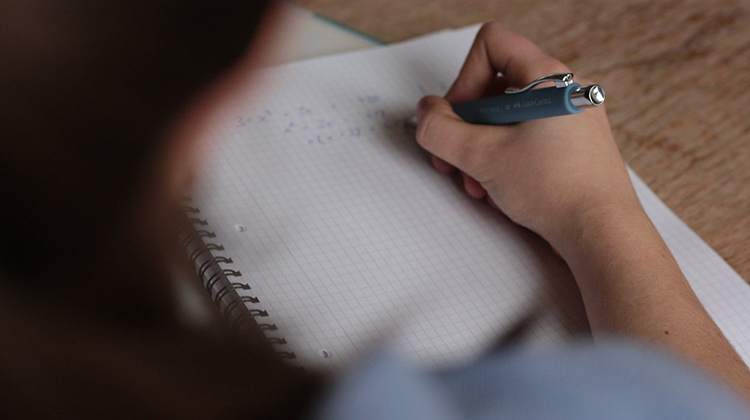Expert advice for Year 12 assessments

As Year 12 students enter the final leg of an unusually challenging school year the key to coping lies in being adaptable and realising that there’s more than one way to skin a cat.
Scientia Professor Andrew Martin, UNSW Sydney thinks that being adaptable in their behaviours, attitudes and emotions can help students to achieve better educational outcomes.
“There are three parts to adaptability that can help students to achieve better educational outcomes.
"The first is behavioural adaptability. This means making some adjustments to your behaviour," said Professor Martin. "For example, you might seek out help when you normally wouldn't, look for new resources, or refine your study timetable so you can concentrate better.
"The second is attitudinal adaptability, which is thinking about things in a different way. For example, changing your thinking or mentally re-framing things as best you can if there is a disruption or new demand during study.
"The third is emotional adaptability: adjusting your emotions. This often means managing your disappointment or fear when things change or you experience situations you hadn’t anticipated, such as an unexpected exam question."
Andrew Martin is Scientia Professor and Professor of Educational Psychology at UNSW Sydney, and was named the global leader in the field of Educational Psychology and Counselling in the recent Research 2020 magazine published by The Australian.
Dr Rachael Jacobs from Western Sydney University says "Assessment in schools these days is less about tests and scores and more about setting tasks that give us a true picture of what a student can do.
"Assessment in schools these days is less about tests and scores and more about setting tasks that give us a true picture of what a student can do," said Dr Jacobs. "In the arts, for example, there might be some exams, but a majority of the assessment tasks are performed throughout the year requiring students to create artworks, performances, explain their creative process or show their working in a logbook or portfolio.
"These tasks often have way more value than simple rote learning or recall because life outside of school is rarely like a multiple choice test or an exam. We now encourage students to work collaboratively, mirroring the work they may do in the workplace or at university or TAFE. We also want our students to take personal responsibility for their learning throughout the year, rather than cramming for exams at the end.
"Advice for families and parents: support your child by encouraging them to draw on the work they’ve done all year. Learning tricks for exams or formulaic responses rarely works for most subjects, so instead, you can ask them exam style questions over dinner in a conversational style.
"Ask them to speak their response out loud to you and acknowledge how much progress they’ve made. They can write what they said into dot points to make a list of what they know and they can add to it to create study notes.
"Finally, remind them that exams are just one measure of their success. They also have their assessment results throughout the year, and there are many pathways to success if they don’t get into their chosen field right away."
Dr Rachael Jacobs is an expert on arts education and assessment in the arts at Western Sydney University. She reassures Year 12 students and their families that, while exams matter, they are not the be all and end all of schooling – and certainly don't have the last word on students' future.
Photo by Louis Bauer from Pexels